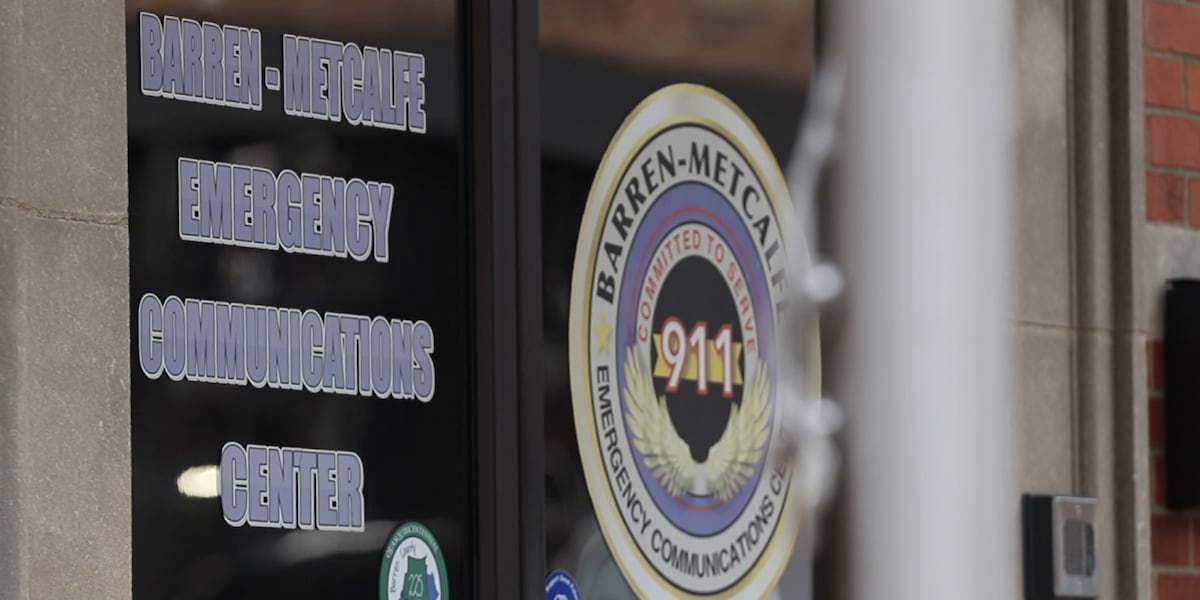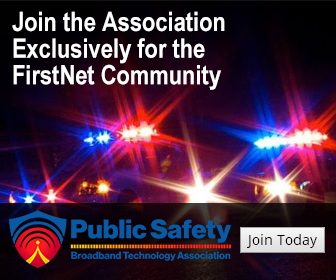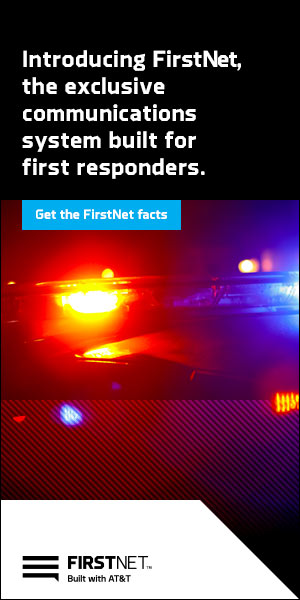Read Full Article | View Source

GLASGOW, Ky. (WBKO) – The lifeline for many residents across Barren and Metcalfe counties is observing 30 years of service to the region.
Established in March 1994, the Barren-Metcalfe Emergency Communications Center emerged after years of fragmented emergency communications. Beverly Harbison, 911 director, remembered how much slower those days were, especially on calls needing all three emergency services.
“Back in the day, you had a dispatch at EMS, you had one at the fire department on Cross Street, and then we had the police department on Broadway,” Harbison said.
Former Barren County Coroner Mike Swift played a pivotal role in establishing the current emergency communications center, consolidating fire, police, and ambulance dispatch services under one roof on Glasgow’s East Washington Street, Harbison said.
She remembered Swift’s enthusiasm and determination to make the consolidated center a reality.
“I think Mike just worked well with the community and the leaders of the community to get it done,” she said. “He did get it done, and he was proud that he got it done.”
Harbison’s journey into dispatching began unexpectedly, spurred by a friend’s father’s encouragement while working at a local convenience store. Following two weeks of training and certification, she started her career as a Glasgow police dispatcher in the 1980s.
Today, the dispatch center relies on cutting-edge technology to fulfill the critical duties of the 911 service. However, in earlier times, dispatchers operated with little more than telephones and radios, Harbison said.
Technological advancements have revolutionized the emergency communications profession, facilitating tasks such as record archiving and precise location tracking for 911 calls. In Glasgow, the dispatch center has boosted the capabilities of their first responders in addressing emergencies more efficiently.
“Saving time saves lives,” Harbison said.
One notable advancement was the introduction of a 911 texting feature in 2019, particularly beneficial in situations where verbal communication is compromised, such as cases of domestic violence.
The integration of video conferencing capabilities has also enabled dispatchers to visually assess emergency scenes in real-time, said April Dunbar, who has been a dispatcher and first responder since October 2000 and now serves as the assistant director of the Glasgow-based 911 service.
“That’s also helpful in domestic situations as well,” Dunbar said. “If they can’t talk and they need us to see what’s going on.”
Reflecting on the evolution of emergency response throughout her career, Dunbar described the transformative impact of cellular technology and advanced location services, citing them as critical components in the modern dispatcher’s toolkit.
Of the incoming calls, 78 percent originate from cell phones, with the remainder comprising mostly landlines and text messages, she said.
In an era dominated by social media and location-sharing apps like Life360, dispatchers often receive information about emergencies from multiple sources, sometimes after incidents have already been reported elsewhere.
“There’s been videos out there before we’re ever notified of what’s going on,” Dunbar said.
Moreover, the dispatch center holds certification to provide Emergency Medical Dispatch (EMD) to callers, a development that allows dispatchers to walk people through critical care like CPR and bleeding control.
“We’ve had some great success with that,” Harbison said.
It’s widely acknowledged that first responders bear some of the most demanding roles, frequently encountering people during their most harrowing moments. Consequently, the road to becoming a dispatcher is far from easy.
Applicants are required to pass a thorough screening process including items like a background check, drug screening, polygraph examination, psychological testing and suitability assessment.
They also attend four weeks of training in Richmond at the Kentucky Public Safety Dispatch Academy.
“Although it’s a very rewarding job at times, it can be a very stressful job,” Harbison said. “Sometimes just taking that bad call can make someone look for another career.”
Harbison and Dunbar said retaining dispatchers has been one of the industry’s largest hurdles in recent years. Local government routinely discusses ways to better pay first responders, but significant changes have yet to be made.
Glasgow offers an hourly wage ranging from $16-$16.50 per hour, according to the city’s website.
Funding for the vital service is partially sourced from a 911 fee incorporated into phone bills across Barren and Metcalfe counties. As landline customers have declined over the years, so has revenue generated from associated fees.
“Hopefully things will change over the years and people will understand,” Harbison said. “Because with us being behind the scenes, people don’t realize what we do. And until you actually physically come in here and set with us, that’s when you think, ‘Wow. They do a lot.’”
As Harbison aptly summarized, dispatchers are the “unseen first responders,” diligently working behind the scenes to ensure prompt and effective assistance during emergencies.
“We are a small family here,” Harbison said. “Our main goal is at the end of the day for all of our responders to go home safely.”
Dunbar echoed the sentiment, saying once dispatching gets in your blood, it becomes a lifelong commitment.
“I think you have a really strong sense of community,” Dunbar said. “You want to be a servant of the community and to help others.”
The dispatch center is presently seeking candidates, and those interested can arrange to shadow dispatchers by reaching out to the center directly.
Copyright 2024 WBKO. All rights reserved.


